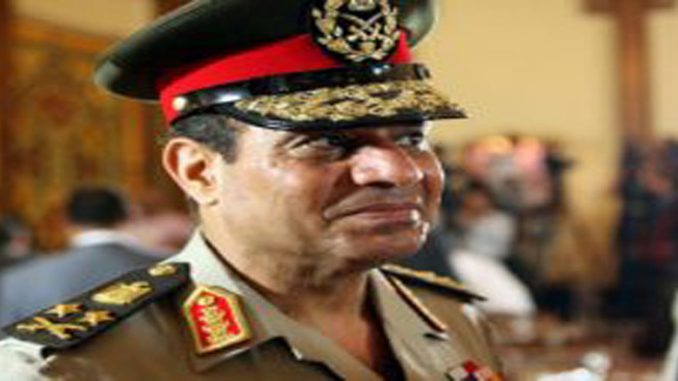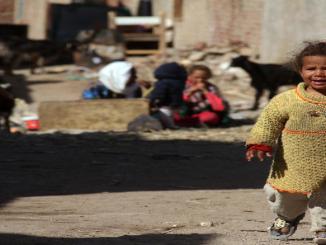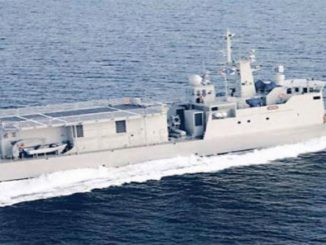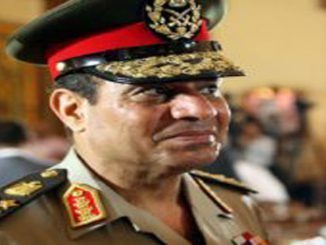
Egypt’s Al-Sisi has issued a resolution allocating 47 state-owned islands in the Red Sea to the army, stating that the land is of strategic military importance.
Most of the islands are currently used for tourism purposes, including Giftun Island in the resort town of Hurghada which is famous for snorkeling, Tobia Island and Abu Hashish Island, also a famous dive site.
The army is estimated to own around 40 per cent of Egypt’s total GDP and owns construction firms, cement plants, hotels and invests in key sectors like tourism.
In June 2017 Egyptian lawmakers approved an accord transferring the two Red Sea Islands of Tiran and Sanafir to Saudi Arabia, a victory for the president who had initially signed the deal in 2016 only to have it rejected by the highest administrative court.
The islands were mainly under the control of the Egyptian military since 1949.
When he initially announced the islands would be transferred to Riyadh, Egypt witnessed the largest protests since Al-Sisi’s rise to power in 2014 and in response security forces arrested demonstrators.
Former Egyptian Ambassador Masoum Marzouk was arrested in August 2018 after opposing the transfer of the Tiran and Sanafir islands to Saudi Arabia and calling for a public referendum on Al-Sisi’s rule before the Public Prosecution released him under a presidential pardon.
Resolution No. 380 of 2019 follows closely after news over the weekend that Egyptian authorities would begin implementing a 2016 decree which allocates two kilometers of land on either side of major roads in Sinai as a property of the Ministry of Defence.
When the decree is implemented more than 80 per cent of the local population will be displaced.
Since the military coup in 2013 led by Abdel Fattah al-Sisi against Egypt’s first democratically elected president Mohamed Morsi the military started to expand its economic empire.
It has widened its economic activity, including producing cement, supplying medical items to hospitals, as well as running the government’s smart-card system for the distribution of subsidized goods, establishing fish farms and manufacturing water meters.
Moreover, in 2015 al-Sisi issued a law that allows the army to set up companies with the participation of domestic or foreign capital.” Armed forces vans roam the country selling cheap groceries and military retail outlets have popped up, while military agencies have attempted to procure basic commodities from international traders amid shortages,” said Reuters.
In this context, Al-Sisi tends to defend the military in every occasion, saying at a national youth conference held in Sharm el-Sheikh recently that, “In case you’re wondering how large the economy of the armed forces is in terms of GDP, I’m going to tell you so it’s clear: 1 to 1.5 %,” according to Reuters.
Reuters also said,” the size of the military, which produces everything from bottled water to macaroni, has long been a topic of speculation in Egypt but official comment on the scope of its economic activities is rare.”
Al-Sisi also claimed that the armed forces are not entering the economy to profit or compete with the private sector, and that their projects are subject to taxes and regulatory oversight.
He also added that the military would deliver 1,350 projects by 2018 but did not specify their exact nature.



